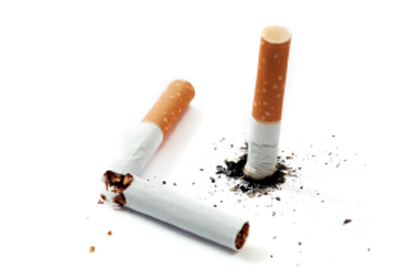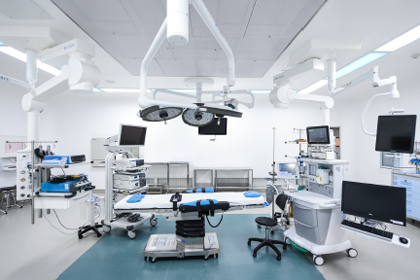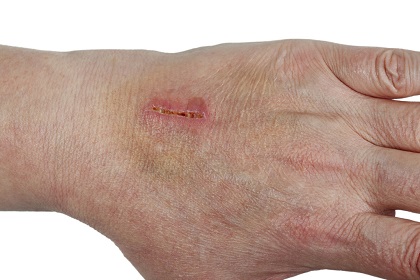Search
What does "fasting" mean?
"Fasting" means not eating or drinking anything for a period of time. People sometimes need to fast before getting a medical test or having a procedure done.
Will I need to fast before my surgery?
You might. It depends on what kind of surgery you are having, and what kind of anesthesia you need. "Anesthesia" is a medical term for different types of medicine they give people before surgery or other procedures. These medicines ensure you do not feel pain during your surgery or procedure.
If you have a scheduled surgery or procedure, your doctor or nurse will tell you if you need to fast before it. If you are only having a “local anesthetic”, you probably won't need to fast. A “local anesthetic” is where medicine is used to numb part of your body. It can be given as a shot, or as a cream, gel, or spray that goes on the skin.
You will need to fast if you are having any of the following:
(1) General anesthesia – This type of anesthesia makes you unconscious so you can't feel, see, or hear anything during surgery. Some of the medicines are given through a thin tube that goes into a vein, called an "IV." Others are gases that you breathe in.
(2) Regional anesthesia – This type of anesthesia blocks pain in one area of your body, such as an arm, leg, or the lower half of your body. The doctor will inject medicine around the nerves that go to the area where you are getting surgery.
(3) Sedation – This is the term for getting medicines to make you relax and feel sleepy.
Why do I need to fast?
If you have food or liquid in your stomach, some of it could get into your lungs while you are under anesthesia. Normally, your body is able to prevent what's in your stomach from entering your lungs. But anesthesia medicines make it harder for your body to prevent this.
When food or liquids from the stomach get into the lungs, doctors call it "aspiration." This is rare, but can be dangerous if it does happen. That's because it can lead to infection, lung damage, or breathing problems.
How long before my surgery do I have to stop eating and drinking?
For some people and some procedures, the duration to stop eating and drinking can be different from this general recommendation, such as people with diabetes. It is important you follow your doctor or nurses’ instructions carefully.
The general recommendation
Should I keep taking my medicines before surgery?
It depends. Your doctor or nurse will tell you which medicines you should take and when. Some medicines need to be stopped before surgery. But for others, it's important that you keep taking them as usual. You might also get new medicines to take before surgery.
Take the medicines your doctor or nurse tells you to. If you need to take medicine right before your surgery, you can take it with a sip of water. If you normally take your medicine with something else, like applesauce, talk to your doctor or nurse about what to do.
What will happen if I don't fast?
If you don't follow instructions about when to stop eating and drinking, you could be putting your health at risk. Be honest with your doctor or nurse if you did not follow the rules, even if it was an accident. If this happens, your surgery might need to be delayed until a later time.
Click the link for more information on Surgery Clinical Service












